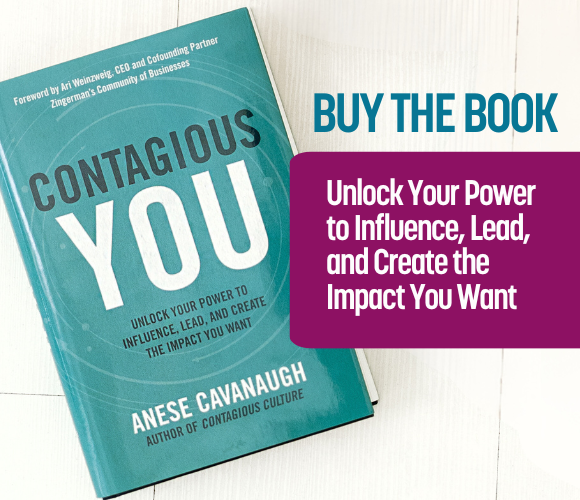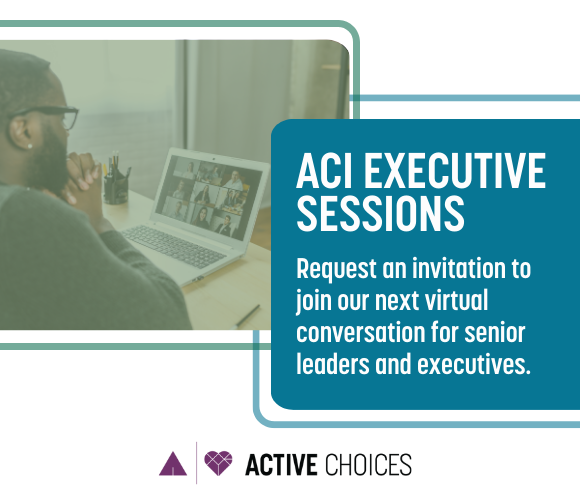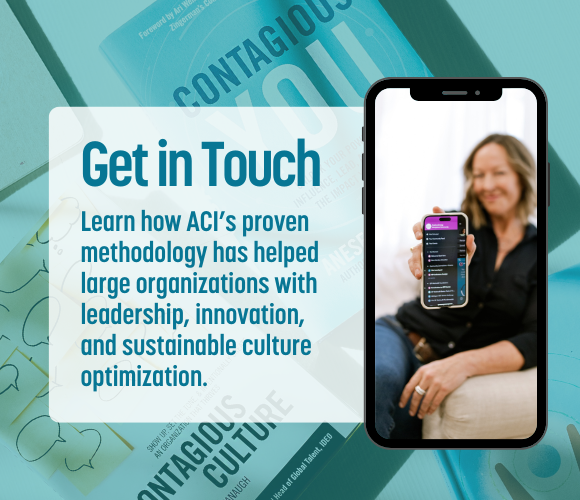I've recently been invited to contribute to a new LinkedIn feature called #YouAsked. Here is the question I was given today. My thinking around it follows.
“I struggle with deadlines, timelines, and timeliness (thanks, ADHD), which is an important part of my job. Does struggling with that mean I can’t ever do my job well?
How do I work to improve that while also showing that I am worth more than my biggest weakness?” — Melissa B., program manager at a Vancouver, Wash.-based nonprofit
Thanks for the question! You're in good company, this is something I think we can all struggle with in our own ways. With the demands of our time and days and unlimited to-do lists, let alone more ways to multi-task than ever and, ironically, more apps to keep track of our deadlines, timeline, and timeliness; focus, deadlines, timelines, and timeliness can be a huge challenge. (Even without ADHD!)
So first, breathe. Get present. As obvious as this may sound, it's essential. Breathe.
Second, know that your awareness here is a gift. Without awareness we suffer and struggle; with awareness, we have information and therefore power in choice of how to move forward. (In my experience, awareness is 70% of the battle, what you do with that awareness is the other 30%.)
Third, there's a mindset component here that could be helpful, instead of considering your struggle with these things and your ADHD a "weakness," see if you can actually reframe these for yourself in having your awareness and care about all of this be superpowers and signs of your commitment to growth. That you're paying attention here and looking to do it better, is a strength. It's leadership. This reframe may help create a bit more energy and space for you to partner with yourself, and this challenge (or any challenge), from a place of strength versus weakness.
Now that we have breath, presence, and mindset handled, and a bit of space -- of course, there are also tactical components for addressing this as well. Here are some of the things you can play with to nourish your IEP (Intentions, Energy, Presence) and to help you "get in front" of your day and this challenge:
- Weekly Intentions & Planning: Spend an hour each weekend setting the tone for your coming week. Gather all timelines, deadlines, and anything you have that week so that you can proactively map your time AND get yourself in the right mindset for it.
- Daily Intentions & Planning: Spend 10-20 minutes at the beginning of each day previewing your schedule, setting your intentions, and mapping your day out.
- Pro-active Space: Build in a 10-minute buffer between your meetings/commitments each day so that you have time and space to regroup and get to the next one on time (You can offer this up within your organization/team as a new practice -- people will be thrilled you did. I guarantee you are not alone in your challenges with timeliness.).
- Self-care and self-management: Make sure you're taking extra great care of yourself; food, hydration, exercise/movement, meditation, sleep, care for your ADHD, your self-talk (be NICE!) -- it all counts. Our physical and mental well-being have a significant impact on our ability to stay present, "get it front of," our lives, and create more focused and pleasurable energy to do what we want to do.
- At the end of your day, check-in: How did it go? Did you stay on track? Where did you rock it? (Celebration is key.) What did you miss? What did you learn? What will you do differently tomorrow?
Every single one of these alone can be a gamechanger, together they’re a force. Good luck!
Dear readers and friends: I speak and write more about rituals, intentions, self-care, getting in front of chaos on overwhelm, navigating and transforming burnout, leadership, presence, team dynamics, and real-life tricks, tips, tools, frameworks and hacks for addressing many of the things in this question and answer. My most recent book, Contagious You: Unlock Your Power to Influence, Lead, and Create the Impact You Want (McGraw-Hill, 2019), goes deeply into all of this, and can be purchased here. If you want to address these things from an organizational health standpoint, please also check out Contagious Culture (McGraw-Hill, 2015).
This article first appeared on LinkedIn.
.png)






